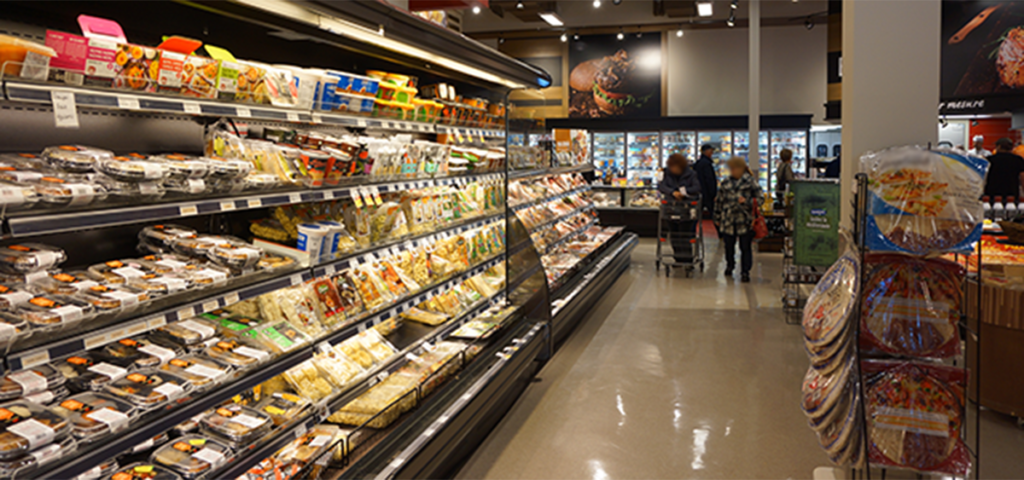Canada’s food guide came out early this year. But it’s still not easy to know exactly what we’re putting on our plates. Nutritional value, organic, product origin . . . do you know what’s true and what isn’t?

True or false?
True. The “best before” date is given for information purposes only.
It’s illegal to sell food that’s gone bad, for example, rotten meat. It’s also illegal for the merchant to change the date originally put on the product.
False. Some foods, such as fresh fruits and vegetables, and alcoholic beverages don’t need a nutrition facts table.
See Health Canada’s guide to learn more.
False. The ingredients must be listed according to how much of the ingredient the food contains, in descending order.
Some foods don’t need an ingredients list, for example, most foods that are packaged in the store.
False. In Quebec, there are no special labelling rules for fair trade products.
But international organizations, like Fairtrade Canada, can certify businesses that follow fair trade practices.
False. This statement is not required.
But a merchant can state that a product contains no GMOs as long as it’s true.
True. In Quebec, the word “organic” is a “reserved designation.” This means no one can use it unless they are certified. To ensure the claim is true, look for the words “certified by” and the name of an accredited certification body.
True. “Quebec Ice Cider” is a protected geographical indication. This is a guarantee that the product comes from a specific region.
As of March 2019, Quebec has five protected geographical designations: Quebec Ice Cider, Neuville Sweet Corn, Quebec Icewine, Agneau de Charlevoix and Vin du Québec.





